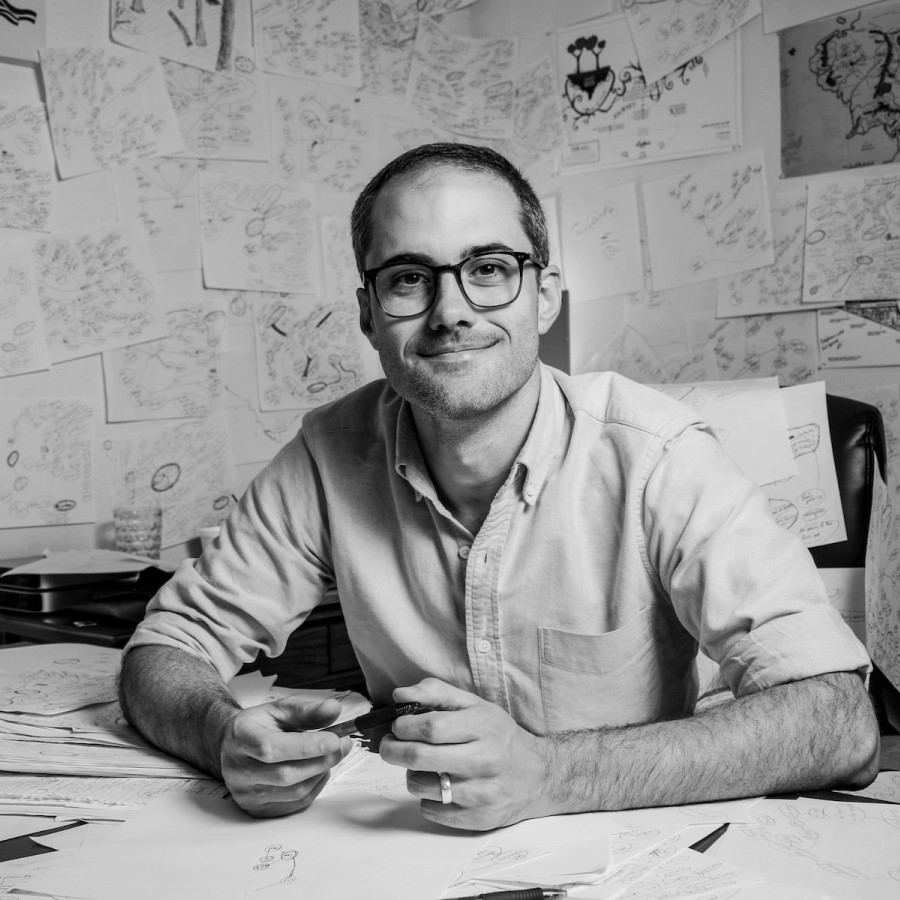1/23/2017: On Editing LBKs
How should I edit my Learning By Keyboard documents prior to posting them?
The temptation is to appear to know all things. To be a superlative thinker and writer.
I read through these things I dealt with months ago, I find things that I have since corrected (in my thinking), and I want to change them to represent what I think now. I don’t want to appear like I don’t know something.
But aren’t these documents supposed to reveal my inner dialogue to others? And isn’t their purpose, when writing them, to learn? And in learning, isn’t the assumption that I don’t know?
Even now, posting something new, I should assume that I will post some falsity. Else I’ll never post anything, since to the degree that I progress, I will always find mistakes.
And again, isn’t my foray into the public in the vein of dialogue? Relationship? That means vulnerability—people seeing me as less than perfect. As human. (10/17/2017: Not a brand).
My tendency is to (attempt to) set myself apart. Or above, rather. I want to surpass everyone else. At least in whatever things I have been convinced matter, which ranges from video games (now defunct) to my ability to figure things out. But I’m learning, or perhaps relearning or developing, that humans were designed as a community of individuals. It’s both, so I don’t believe in the diminution of individuality. But to the degree that you’re set apart, you’re removed from the community.
It’s the difference between standing above and standing beside others.
And if Christ’s example teaches us anything, we stand beside each other. With each other.
So what does this mean for my posts? I don’t think it necessarily speaks directly to the editing. But it speaks to the ground-level desire to appear knowledgeable. And I wonder if I should deny the desire to edit old mistakes or to qualify them with commentary merely to deny myself this desire.
Of course, if these posts were didactic, I would have reason to correct them before posting in an effort to protect others from what I know (or think) are mistaken ideas. But that’s not my intent, really. I want to also show my process of thinking and learning. If someone learns something for the things I learn, great.
This reminds me of something else. I think a much better approach to interaction with others—from the closest circles, like my family and church and work, to the furthest, which is the world and even what might be beyond—is to walk beside them. To seek truth and love and beauty, and ultimately and primarily, God, beside others. To learn together, rather than to learn on my own (as if that were really possible) and then to disperse my golden wit to the street-rats of lesser faculty (!). I have already written about this.
I need growth in this area. And perhaps by posting things that reveal my fallibility, I will grow. And if anyone learns from what I learn in the writing of these, we will learn together.
Furthering this idea—this is little different than posting things that I am thinking through now, like this very document, and knowing that I will later make corrections upon them. The same principles go for all writing, all dialogue, all interaction with others. The same correction—that I should seek what’s good alongside others—applies both to the present and the past.
Another thought. If I wrote something that I now know is wrong but didn’t write the correction to that thing in a later document, to protect others from believing that thing, I could add a commentary.
Am I neurotic or what? Goodness. Ha.
So, how should I edit them?
- Fix grammar/typo issues if it makes things too hard to read. Keep it to a minimum.
- Add commentary if something isn’t developed in a later document and needs to be corrected for others’ benefit.
- Be a human with others.
For further: How to keep writing my thinking documents in the same way that I always have (in order to learn), knowing that I’ll probably post them.
